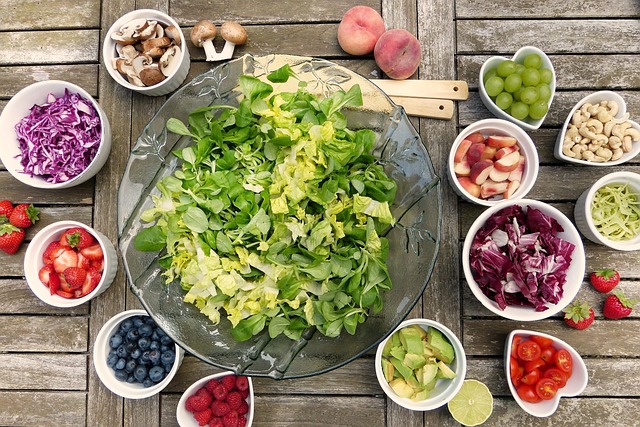Probiotics for Digestive Disorders: A Natural Approach to Finding Relief
Do you suffer from digestive disorders such as irritable bowel syndrome (IBS), acid reflux, or inflammatory bowel disease (IBD)? If so, you know firsthand the discomfort and disruption these conditions can cause in your daily life. While medication and lifestyle changes can help manage symptoms, there is another natural approach gaining recognition for its potential in alleviating digestive issues: probiotics.
Understanding Probiotics
Probiotics are live bacteria and yeasts that are beneficial for your health, particularly your digestive system. They are often referred to as “good” or “friendly” bacteria because they help maintain the balance of beneficial microbes in your gut.
Our digestive system is home to trillions of bacteria, both good and bad. When the balance between these bacteria is disrupted, it can lead to various digestive disorders. Probiotics help restore this balance by promoting the growth of good bacteria and inhibiting the growth of harmful bacteria.
The Role of Probiotics in Digestive Health
Research suggests that probiotics can play a significant role in maintaining digestive health and managing certain digestive disorders. Here’s how they can benefit you:
1. Alleviating Irritable Bowel Syndrome (IBS)
IBS is a common chronic disorder characterized by symptoms like abdominal pain, bloating, and irregular bowel movements. Studies have shown that certain strains of probiotics can help reduce symptoms and improve overall quality of life for individuals with IBS. Lactobacillus and Bifidobacterium strains, in particular, have been found to be effective in relieving IBS symptoms.
2. Managing Acid Reflux and GERD
Acid reflux occurs when stomach acid flows back into the esophagus, causing heartburn and discomfort. Gastroesophageal reflux disease (GERD) is a more severe form of acid reflux. Probiotics can help reduce the occurrence and severity of acid reflux by improving the function of the lower esophageal sphincter (LES) and reducing inflammation in the gut. Lactobacillus acidophilus and Lactobacillus reuteri are two probiotic strains that have shown promise in managing acid reflux.
3. Combating Inflammatory Bowel Disease (IBD)
Inflammatory bowel disease encompasses conditions like Crohn’s disease and ulcerative colitis, which involve chronic inflammation of the digestive tract. Probiotics have been studied extensively for their potential in reducing inflammation and improving symptoms of IBD. While more research is needed, some strains, such as Bifidobacterium infantis and Saccharomyces boulardii, have shown promising results in managing IBD.
Choosing the Right Probiotic
With numerous probiotic supplements available in the market, it’s important to choose the right one for your specific needs. Here are a few factors to consider:
1. Strain Diversity
Look for a probiotic supplement that contains a variety of strains. Different strains offer different benefits, and a diverse combination can provide overall digestive support.
2. Colony Forming Units (CFUs)
CFUs refer to the number of viable bacteria present in each serving of a probiotic supplement. Higher CFU counts can ensure that a sufficient amount of bacteria reaches your gut to have a beneficial impact. Aim for a minimum of 10 billion CFUs per serving.
3. Quality and Viability
Choose a reputable brand that ensures the viability and stability of their probiotic strains. Look for products that are stored and shipped under appropriate conditions to maintain the effectiveness of the bacteria.
Incorporating Probiotics into Your Routine
Probiotics are available in various forms, including capsules, powders, and fermented foods. Here are a few ways to incorporate them into your routine:
1. Probiotic Supplements
Probiotic supplements offer a convenient way to obtain a concentrated dose of beneficial bacteria. Follow the recommended dosage instructions provided by the manufacturer.
2. Yogurt and Fermented Foods
Include yogurt, kefir, sauerkraut, kimchi, and other fermented foods in your diet. These naturally contain probiotics and can contribute to a healthy gut.
3. Prebiotic Foods
Prebiotics are carbohydrates that act as food for probiotics







